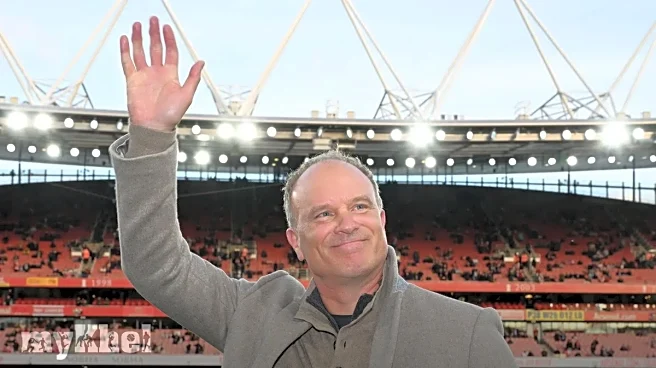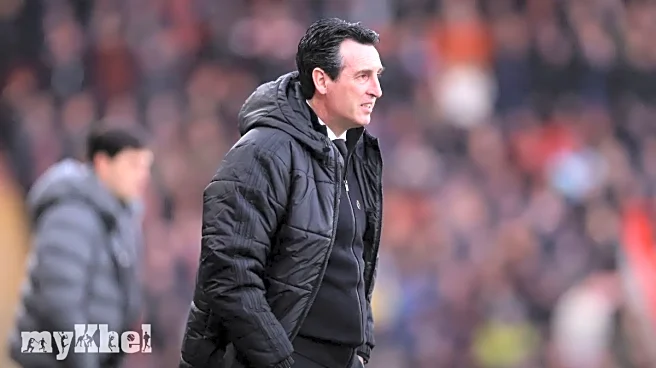What is the story about?
Thyssenkrupp on Tuesday said it has received a non-binding bid from India’s Jindal Steel for its steel division, Thyssenkrupp Steel Europe (TKSE), without disclosing further details. The company stated it would closely examine the offer, with particular attention to economic sustainability, the continuation of its green transformation, and the protection of employment at its steel sites.
Following the announcement, Thyssenkrupp shares traded 2.1% higher, reflecting investor optimism over the potential deal. Last year, the German industrial group sold a 20% stake in TKSE to Czech billionaire Daniel Kretinsky, with plans to eventually sell an additional 30% to form a 50-50 joint venture.
Once a symbol of German industrial might with interests spanning steel, elevators and plant engineering, Thyssenkrupp has spent years dismantling its conglomerate structure. The steel division has repeatedly failed to break even, weighed down by soaring energy bills, rising interest rates and chronically low steel prices. Losses and writedowns have drained cash and deterred potential buyers.
Before the 2008 financial crisis, Thyssenkrupp was a dominant global player across multiple industries, including steel production, industrial engineering and elevators. Managers are effectively winding the conglomerate down to a smaller set of businesses that can better withstand volatile markets.
The potential transaction has drawn attention from Germany’s powerful IG Metall labour union, which had previously criticised Kretinsky for not sharing details on his strategic plans as a co-shareholder. Juergen Kerner, Thyssenkrupp’s deputy supervisory board chairman and a senior IG Metall member, welcomed the news, calling it “good” and urging quick, substantive discussions to address key open questions concerning the steel division.
Shares of Jindal Steel ended 0.6% higher at a price of ₹ 1,052.70 on the BSE.
Following the announcement, Thyssenkrupp shares traded 2.1% higher, reflecting investor optimism over the potential deal. Last year, the German industrial group sold a 20% stake in TKSE to Czech billionaire Daniel Kretinsky, with plans to eventually sell an additional 30% to form a 50-50 joint venture.
Once a symbol of German industrial might with interests spanning steel, elevators and plant engineering, Thyssenkrupp has spent years dismantling its conglomerate structure. The steel division has repeatedly failed to break even, weighed down by soaring energy bills, rising interest rates and chronically low steel prices. Losses and writedowns have drained cash and deterred potential buyers.
Before the 2008 financial crisis, Thyssenkrupp was a dominant global player across multiple industries, including steel production, industrial engineering and elevators. Managers are effectively winding the conglomerate down to a smaller set of businesses that can better withstand volatile markets.
The potential transaction has drawn attention from Germany’s powerful IG Metall labour union, which had previously criticised Kretinsky for not sharing details on his strategic plans as a co-shareholder. Juergen Kerner, Thyssenkrupp’s deputy supervisory board chairman and a senior IG Metall member, welcomed the news, calling it “good” and urging quick, substantive discussions to address key open questions concerning the steel division.
Shares of Jindal Steel ended 0.6% higher at a price of ₹ 1,052.70 on the BSE.
/images/ppid_59c68470-image-1758030070872324.webp)




/images/ppid_a911dc6a-image-177075852740281148.webp)



/images/ppid_a911dc6a-image-177075603605816191.webp)

/images/ppid_a911dc6a-image-17707550296985796.webp)



/images/ppid_a911dc6a-image-177075157301840277.webp)
